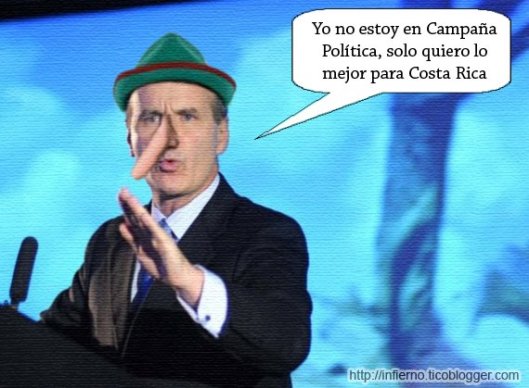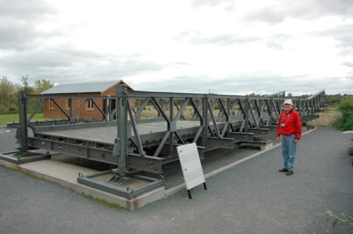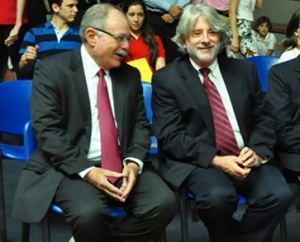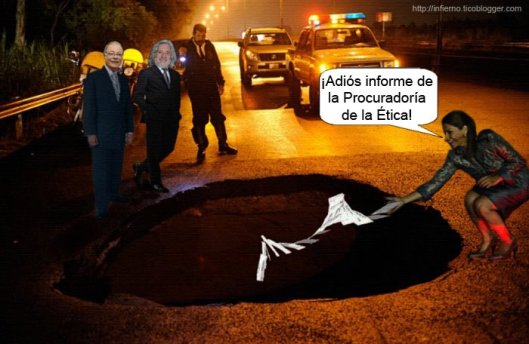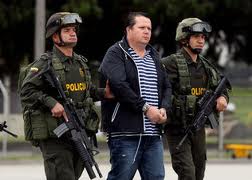Tags
October 9th, 2012 – From the Tico Times online edition.
The District Attorney’s Office is currently leading a series of active investigations for various crimes against 18 current and former government officials, all of which are members of the National Liberations Party, or PLN (Partido de Liberacion Nacional), the political party of current president, Laura Chinchilla.
Among them, some names are sure to stand out: Luis Liberman, current vice-president of Costa Rica, ex-president Oscar Arias, ex-minister of the Presidency, Rodrigo Arias, the mayor of San Jose and pre-candidate for president, Johnny Araya, as well as the Minister of Public Education, Leonardo Garnier.
The 18 officials are accused of various crimes while in office, ranging from fraud, embezzlement, illicit enrichment, non-compliance of duties, – even human trafficking.
Current vice-president Liberman is under investigation for influence peddling. The investigation began in July, due to a letter of recommendation that the vice-president provided to the company Procesos, Investigacion y Asesoria CA, S.A, which belongs to the ex “Hacienda” (Treasury department) minister, Fernando Herrero’s wife, Flor Isabel Rodriguez. The letter helped the company earn a consulting contract for the Costa Rican Petroleum Refinery (RECOPE).
The ex-president, Oscar Arias, faces three charges: breach of public duty, another for embezzlement, and one more for embezzlement of public funds. All of these are still pending resolution from a judge.
The investigations against Arias are linked to the permit provided to the Canadian company Infinito Gold, for the open pit extraction of the Crucitas Mine in San Carlos, during his government.
The ex-minister of the Presidency and current PLN pre-candidate for president, Rodrigo Arias, is being investigated for the embezzlement of public funds, which is pending judicial resolution. The investigation is linked to the payment 84 consulting contracts to officials of the Executive Branch, with funds that were part of a donation received from the Economical Integration Central American Bank (BCIE), to Costa Rica, during 2006 and 2007.
The current mayor of San Jose, also a pre-candidate for president, Johnny Araya, has eight investigations against him underway. Three are for the embezzlement of public funds, three for illegal enrichment, one for corruption, and a last one for “abnormal administrative payment.”
Part of the investigations on Araya are due to a complaint filed on July 4th of last year, when he was accused of using municipal resources for personal benefit, specifically for utilizing the services of officers from the Municipal Police and a municipal secretary in a private party, which served as a fundraiser for his electoral campaign.
Lastly, another important name on the list- the current Education Minister, Leonardo Garnier, who currently is undergoing 2 charges, which are in process in the General Attorney’s Office, for influence peddling, as well embezzlement of public funds.
His cases also involve the consulting contract that Processos, Investigacion y Asesoria CA, SA signed with RECOPE.
